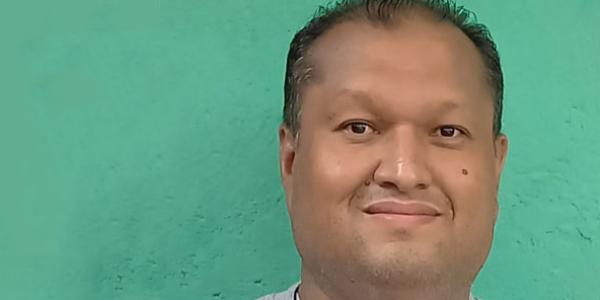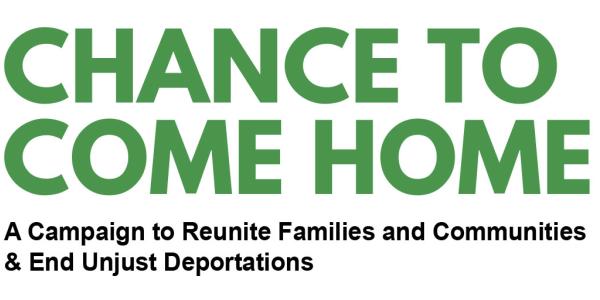"Many people have been deported why? For what they don't know.”
Juan Carlos, now 44, grew up in California and while living in the U.S. openly identified as a gay man. He became a lawful permanent resident in 1992. Decades later, he spent three years in immigration detention while facing deportation because of a criminal conviction that carried no prison time and should not have made him deportable. Without legal representation, he faced immigration proceedings that were riddled with due process violations. The U.S. government deported Juan Carlos to El Salvador, a country where his sexual orientation is highly stigmatized, and as he lives in fear of local police. Exile in El Salvador means Juan Carlos cannot support his mother through illness or support his younger siblings as he always had hoped to do as the eldest brother.
Failed Due Process
In 2010, Juan Carlos entered into a relationship with someone he met online who falsely represented himself as being older than 18. Juan Carlos did not know the person was a minor, but because of this relationship he was convicted of sexual conduct with a minor and sentenced to criminal probation. In 2012, on the basis of this conviction, ICE detained Juan Carlos and put him into deportation proceedings. Juan Carlos had no lawyer to represent him.
The immigration judge failed to advise Juan Carlos that binding law from the Ninth Circuit Court of Appeals held that ICE did not have the authority to deport someone on the basis of Juan Carlos’s particular criminal conviction. And despite Juan Carlos’ decades of residency in the United States, and to the challenges he faces to live safely in El Salvador as an openly gay man, the judge ordered deportation. Despite wanting a second look at his case, Juan Carlos accidentally waived his right to appeal because he misunderstood the judge, who failed to ensure that Juan Carlos understood the true implication of what it meant to waive an appeal.
Life in El Salvador
Image
“Life here is very difficult. When I got deported, I didn’t have a home. I didn’t have a family. That was very painful. I just kept asking myself ‘why? How, how did this happen?’ Here in the town where I live, they are not very accepting of gay people. They still do not accept gay people. Sometimes out in the streets, they would say ‘there goes the [anti-gay slur].’ As always, I just kept my head down and kept walking to avoid problems.
“The injustice that I lived in immigration is one does not get a lawyer, and if one has no money for a lawyer, one is defending themselves. The problem is that if one defends themselves, one does not know about the laws. We do not know about the codes. One gets nervous and is thinking ‘My God, I don’t know if what I say is going to affect my case. They attack you. They know what they are talking about. That was my case and many people’s cases. Many people have been deported why? For what they don't know. We need more information. The truth is the system that immigration has, it is not right. There is no help. What they want is to get you out.”
Juan Carlos is represented by Mary Georgevich at the National Immigrant Justice Center.
- Deported to El Salvador in 2015 after 30 years in the U.S.
- Immigration judge failed to inform him of a law that would have protected him from deportation to a country where his life would be at risk as a gay man
- Lived in California and Arizona
- Separated from mother and siblings
Image
Read more stories:



